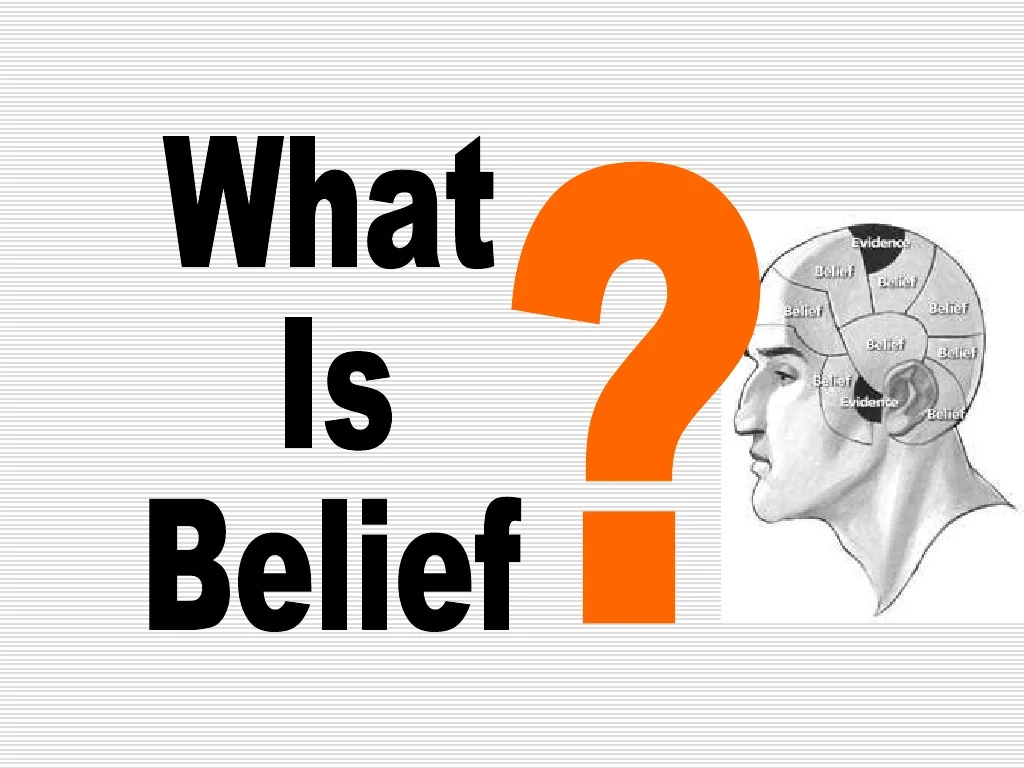
Belief
Find 96 different ways to say BELIEF, along with antonyms, related words, and example sentences at Thesaurus.com.

CliftonStrengths Coaching Blog Mastery Monday Understanding Belief
Ethnocentrism definition: . See examples of ETHNOCENTRISM used in a sentence.

How Belief Writes Your Leadership Story
BELIEF meaning: 1. the feeling of being certain that something exists or is true: 2. something that you believe…. Learn more.

Belief In God Good News Unlimited
Beliefs allow the brain to distill complex information, enabling it to quickly categorize and evaluate information and to jump to conclusions. For example, beliefs are often concerned with.

The Power Of Belief 7 Figures Funding
in the belief that. phrase. If you do one thing in the belief that another thing is true or will happen, you do it because you think, usually wrongly, that it is true or will happen. Civilians had broken into the building, apparently in the belief that it contained food. See full dictionary entry for belief.
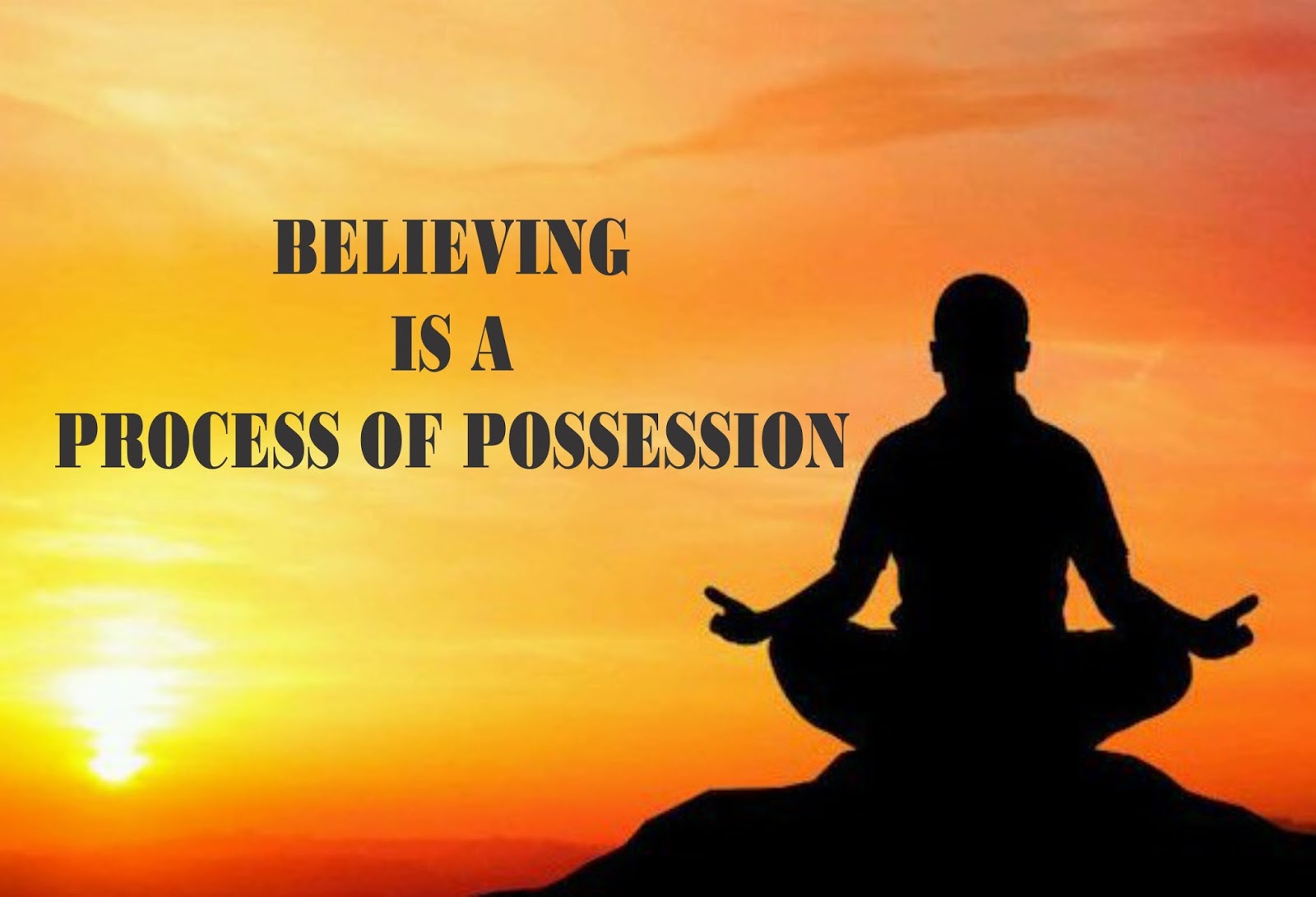
5 Ways To Fortify Your Belief System Simobel Blog
The meaning of IN THE BELIEF THAT is believing that. How to use in the belief that in a sentence.
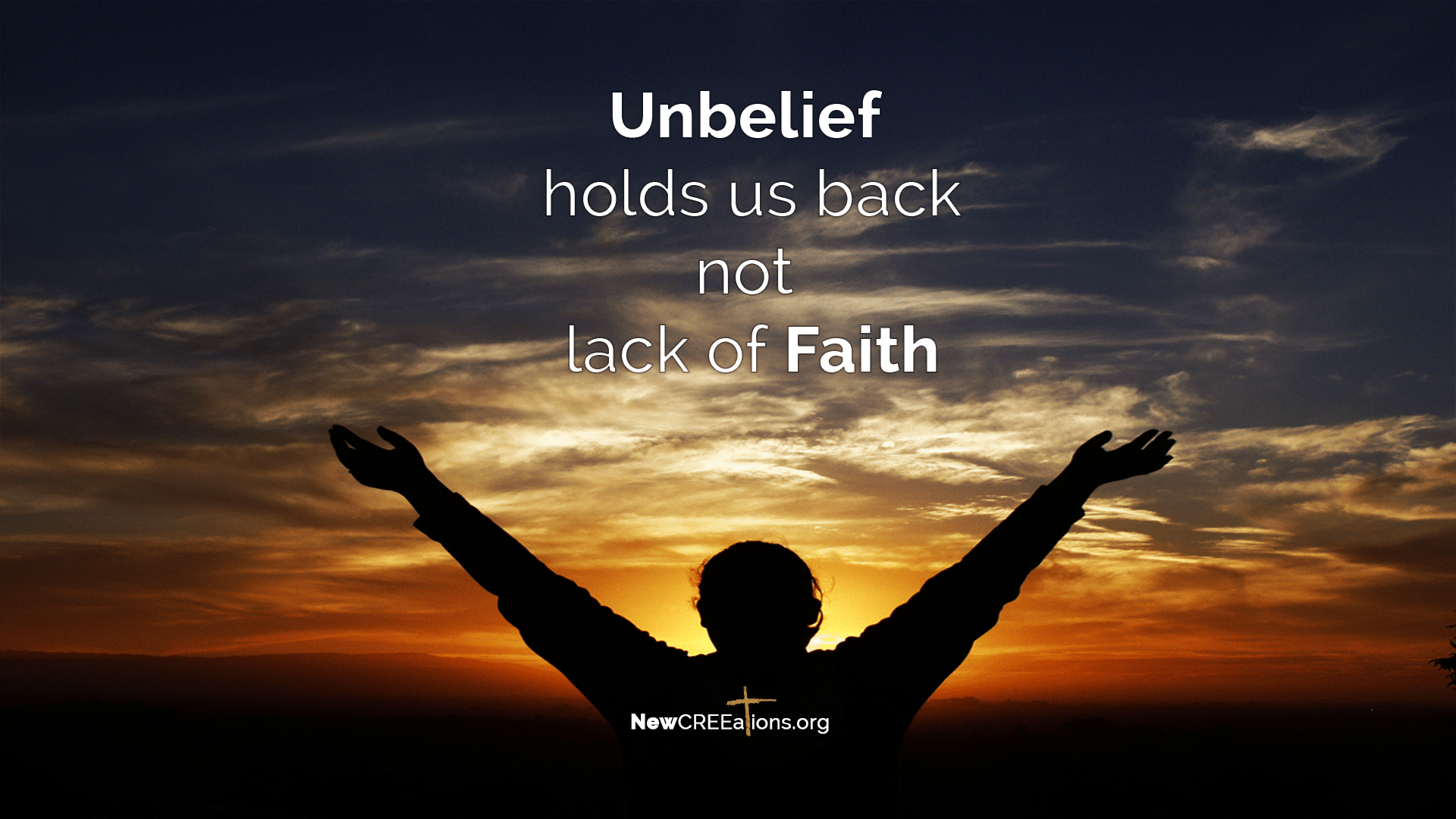
The Difference Between Faith and Belief
Cultural relativism is the principle of regarding the beliefs, values, and practices of a culture from the viewpoint of that culture itself. It states that there are no universal beliefs, and each culture must be understood in its own terms because cultures cannot be translated into terms that are accessible everywhere.

Belief Beyond Mastermind
The latter is the limiting belief that the capacity to learn and improve cannot be meaningfully developed. The growth mindset, conversely, is open to the effort even if it takes time. Proponents.
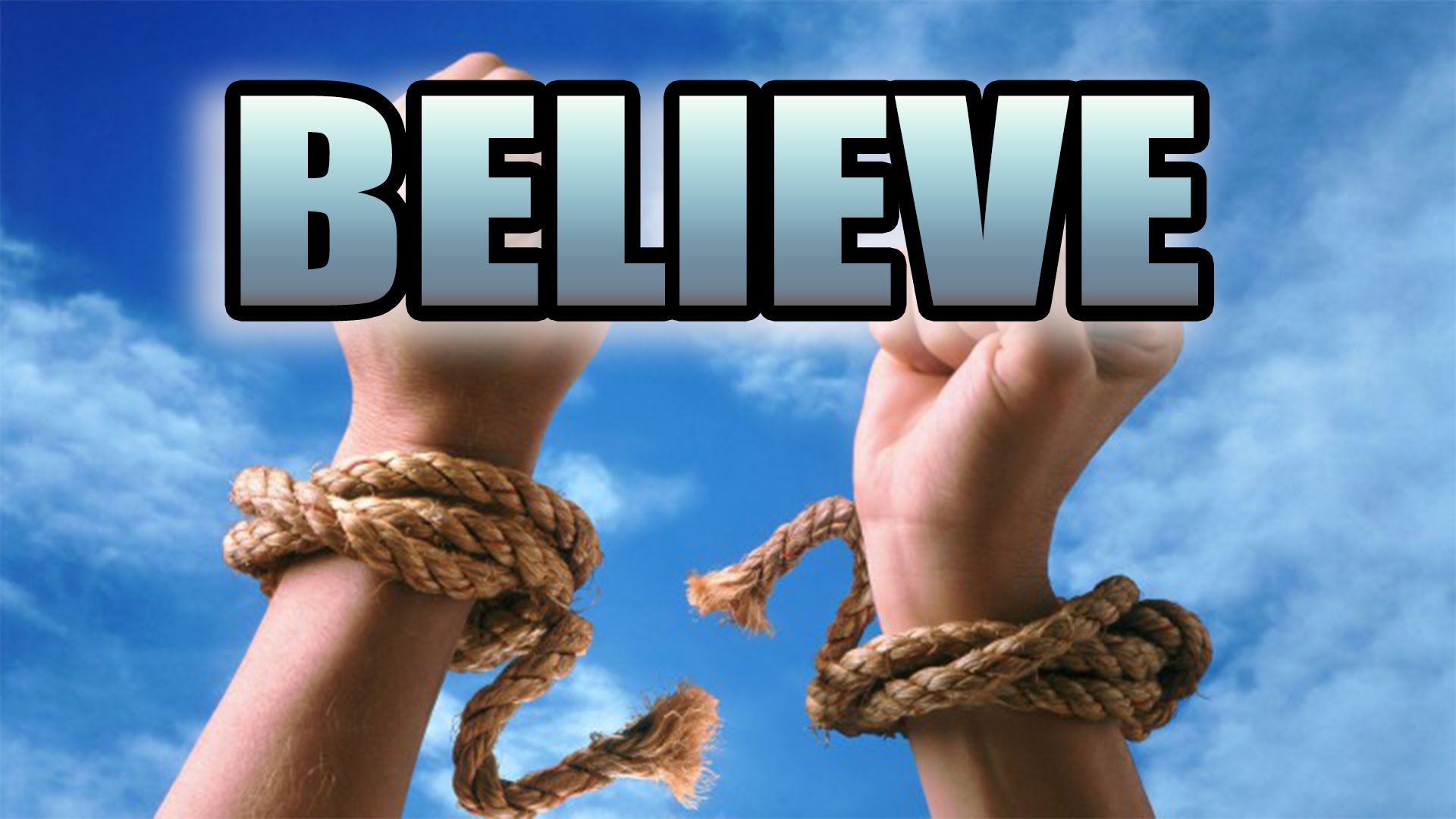
The Almighty Belief Systems or Models of Reality Divinity Magazine
A belief is a subjective attitude that a proposition is true or a state of affairs is the case. A subjective attitude is a mental state of having some stance, take, or opinion about something. In epistemology, philosophers use the term "belief" to refer to attitudes about the world which can be either true or false.
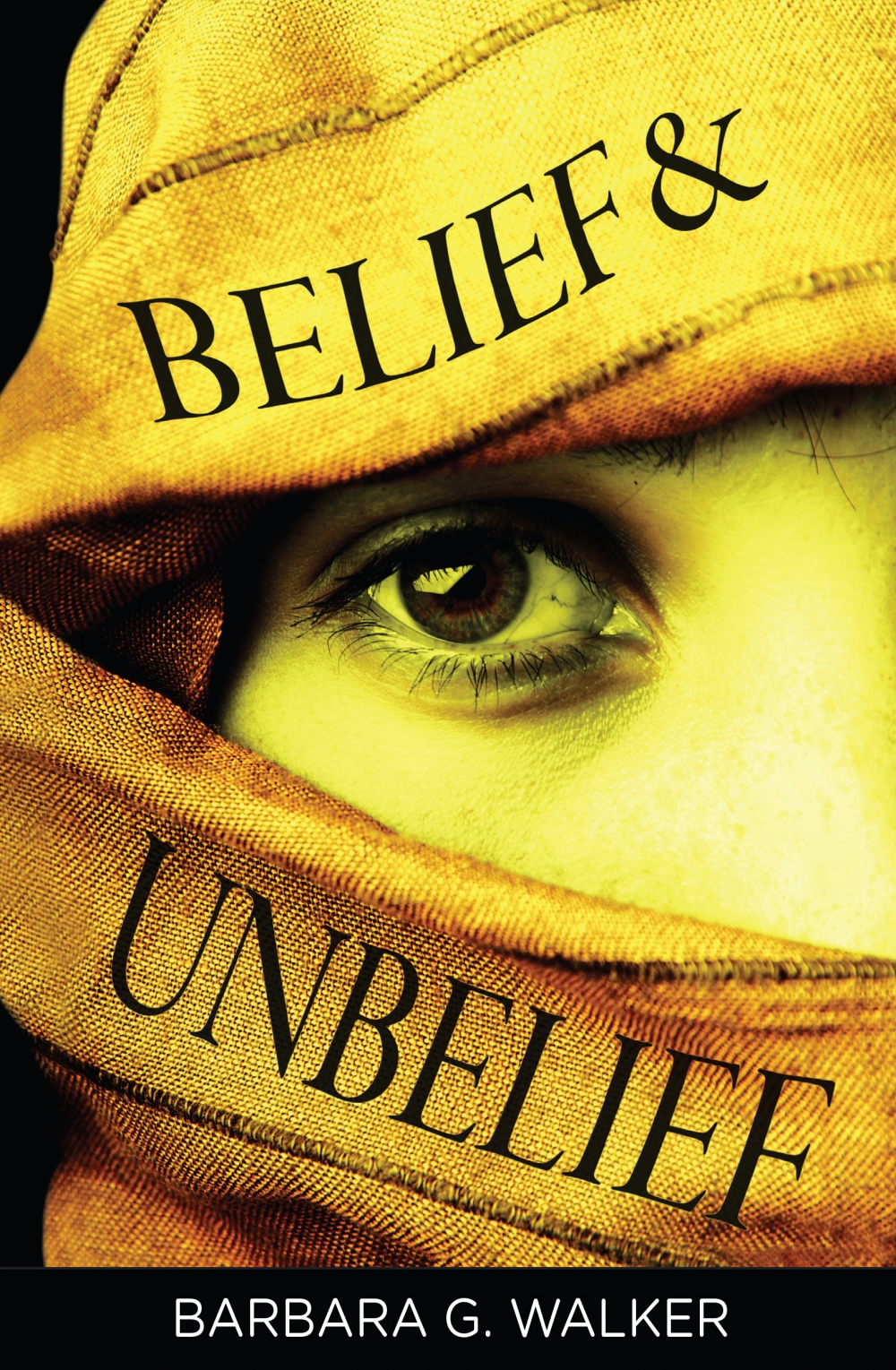
Review of Belief and Unbelief (9780931779565) — Foreword Reviews
The belief condition is only slightly more controversial than the truth condition. The general idea behind the belief condition is that you can only know what you believe. Failing to believe something precludes knowing it. "Belief" in the context of the JTB theory means full belief, or outright belief. In a weak sense, one might "believe.

Values,beliefandattitudes GlobalFocus
If you do one thing in the belief that another thing is true or will happen, you do it because.. Click for English pronunciations, examples sentences, video.

Explain the Difference Between Beliefs Attitudes and Values
Belief. First published Mon Aug 14, 2006; substantive revision Wed Nov 15, 2023. Anglophone philosophers of mind generally use the term "belief" to refer to the attitude we have, roughly, whenever we take something to be the case or regard it as true. To believe something, in this sense, needn't involve actively reflecting on it: Of the.
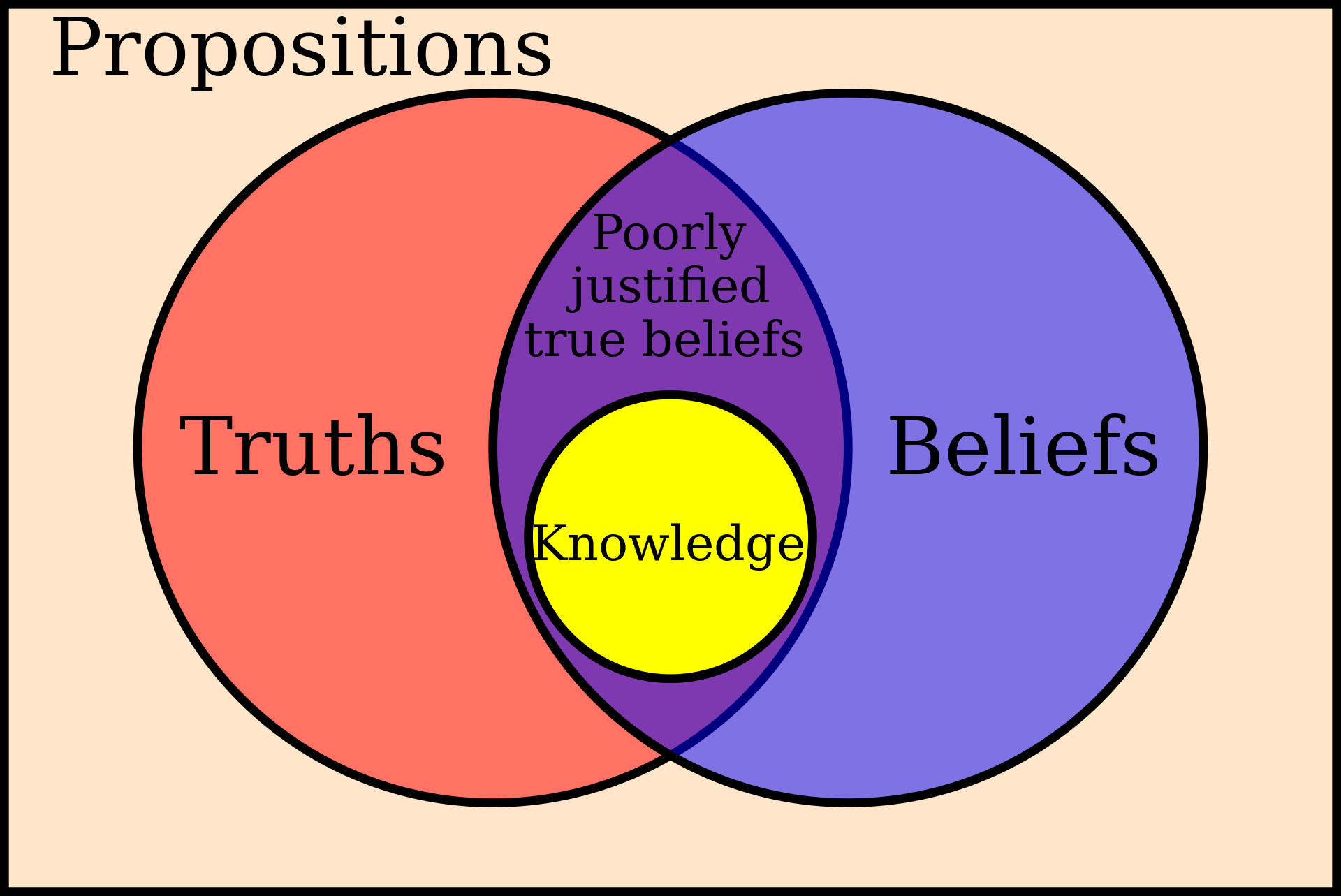
Religion and belief Geir's Everything
belief: 1 n any cognitive content held as true Antonyms: disbelief , unbelief a rejection of belief Examples: show 335 examples. hide 335 examples. Augsburg Confession the document drawn up in 1555 to defend the catholicity of Lutheran doctrine and to justify innovations in Lutheran practice; is still in effect today Demogorgon (Greek.

The Biology of Belief Unleashing the Power of Consciousness, Matter
BELIEF definition: 1. the feeling of being certain that something exists or is true: 2. something that you believe…. Learn more.

Belief Days of Compassion HuffPost
BELIEF definition: 1. something that you believe is true or real: 2. an idea that you are certain is true: 3. the…. Learn more.

Measuring Spiritual and Religious Beliefs SEEK Safely
Dualism. This entry concerns dualism in the philosophy of mind. The term 'dualism' has a variety of uses in the history of thought. In general, the idea is that, for some particular domain, there are two fundamental kinds or categories of things or principles. In theology, for example a 'dualist' is someone who believes that Good and.